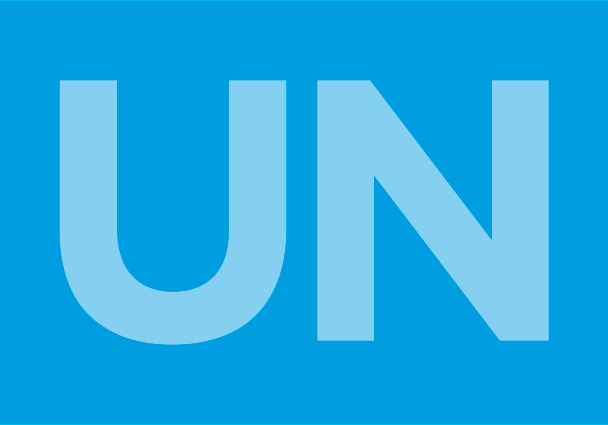The United Nations Commission on Human Rights concludes its 59th session tomorrow, with States having taken yet another step backwards in executing the mandate of the Commission to protect and promote human rights.
More than ever, political considerations extrinsic to human rights concerns hampered the capacity of the Commission to act decisively during a time when long settled principles of human rights have come under pressure.
Although war raged in Iraq during the session, a majority of the Commission, led by Western States, refused to allow extra time to be set aside to discuss the human rights and humanitarian implications of the military campaign. The Commission will consider tomorrow a weak resolution on Iraq, which fails to address in a serious way the human rights challenges posed by the present military occupation of that country by the United States and the United Kingdom.
The African Group, once the most independent of the Commission’s five regional groupings, this year under South African coordination voted en bloc to prevent the Commission from dealing with critical country situations. This concerted and conspiratorial approach served to eliminate the mandate of the special rapporteur on Sudan and to preempt action on Zimbabwe and helped the Russian Federation avoid examination of the human rights situation in Chechnya.
The United States continuously sought to undermine the Commission’s consideration of core economic, social and cultural rights, including rights to health, medicine and food. It also stood defiant to virtually the entire international community in defense of its right to execute child offenders. It repeatedly weakened and called into question important resolutions, including by calling for votes on resolutions that would otherwise have commanded a consensus in the Commission.
Countries of the Organisation of the Islamic Conference (OIC), in cooperation with the Chairperson of the Commission, Najat Al-Hijjaji of Libya, used procedural contrivances to stop the Commission from adopting a Brazilian-sponsored resolution on protecting human rights regardless of sexual orientation. Saudi Arabia, Pakistan, Egypt, Malaysia, and Libya, introduced 55 amendments aimed at eliminating reference to sexual orientation and the Chairperson initiated a postponement in full knowledge that there would likely be no time left for consideration of the Resolution at the end of the Commission on Friday. In considering an earlier resolution on extrajudicial, summary or arbitrary executions, the OIC countries had similarly attempted-unsuccessfully- to delete all references to targeted groups such as homosexuals and victims of honour crimes.
One of the greatest human rights challenges of the day, safeguarding human rights within the context of combating terrorism, again received short shrift. Although a Mexican-led resolution calling on the Office of the High Commissioner to evaluate the effect of counterterrorism measures on the enjoyment of human rights appears likely to be adopted, the Commission failed to establish a much-needed independent mechanism to monitor the human rights impact of the law and practice of individual states in their anti-terrorism drives.
A number of the Commission’s most able and independent experts came under withering personal attack by members of the Commission, angry because the experts had exposed allegations against those States in their reports to the Commission. Algeria alarmingly suggested that no experts should be allowed membership of any non-governmental organisation.
In spite of the system-wide threats, some notable gains were achieved, including some for which the ICJ had has long worked. The Commission confirmed the establishment of a working group to discuss an optional protocol to the International Covenant on Economic, Social and Cultural Rights to allow for an individual complaint mechanism. It also adopted a resolution to continue procedures on establishing principles for reparations and seemed ready to appoint an independent expert to finalise work on principles against impunity.
These positive aspects notwithstanding, the ICJ is deeply troubled that at time when human rights challenges are manifest everywhere, from Guantanamo to Zimbabwe and from Iraq to Chechnya, States are undermining a large part of what the UN system was established to do, namely to serve as a vanguard of human rights protection.
The first step in getting the Commission back on course is to reform the manner in which Commission members are selected. States aspiring to Commission membership should at the very least evince a willingness to cooperate with the Commission’s own experts and mechanisms. States such as Algeria, Zimbabwe, Cuba, China, India, the Russian Federation, and Syria are highly active participants at the Commission and yet have often refused to allow the organs of the Commission to visit.
Human Rights Commission States-press release-2003 (text, PDF)





